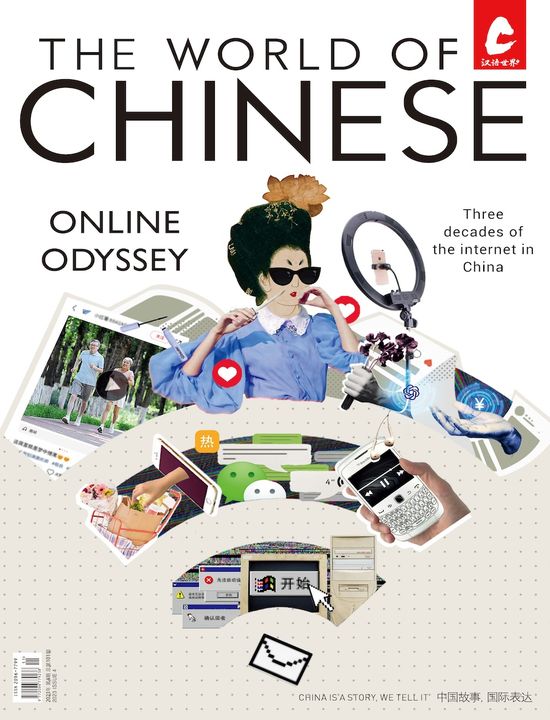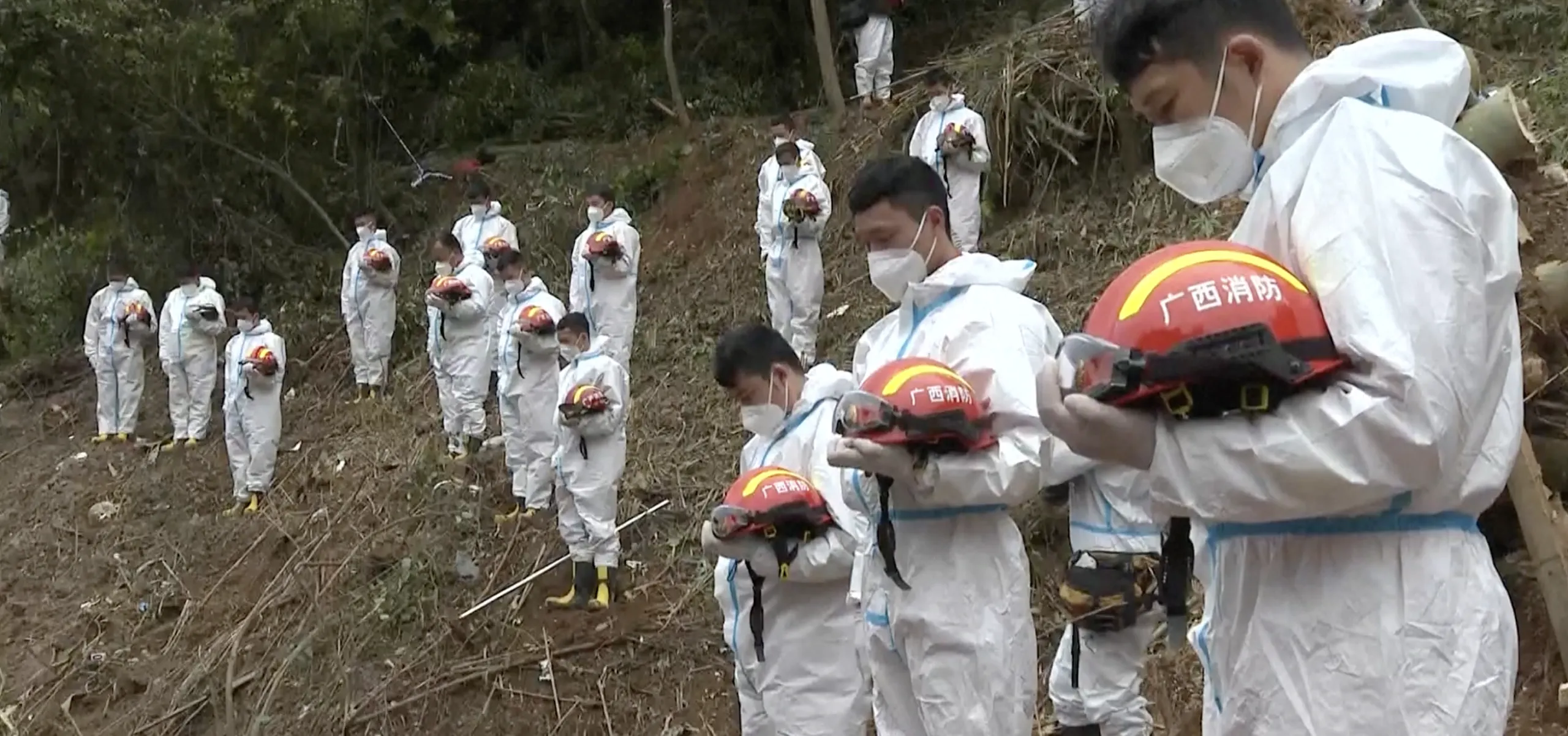The aftermath of the MU5735 air crash brings attention to the need of long-term psychological support for victims of disasters and their families
Half an empty suitcase, mud-tainted garments burned to shreds, a part of a national ID card with the owner’s face still visible…In the rainy mountains of Tengxian county, Guangxi, emergency rescue teams are still picking up haunting remnants of the 132 people who perished when China Eastern Airlines flight MU5735 crashed on March 21, 2022.
“Our hearts were very heavy,” a 24-year-old rescue worker and Tengxian government worker, identified by the pseudonym Zhou Fei, told The Paper. “Somebody [at the rescue site] said, ‘don’t look [at these things] anymore, don’t look anymore…’”
The disaster sparked an outpouring of grief around the country, but also spurred discussion about the psychological aftermaths of traumatic events, as well as challenges for helping people heal from trauma. As no hope is left for finding survivors, disaster response from the MU5725 crash has shifted to providing psychological assistance to all affected, including rescue workers like Zhou and relatives of the deceased.
A press release via the state-run Xinhua News Agency on March 31 stated that a national emergency task force, headed by the Civil Aviation Administration, has provided temporary shelter to 695 family members and friends of the deceased, and offered a total of 7,926 psychological evaluations and 2,917 counseling appointments, including individual and group sessions. However, the press release did not specify how long they plan to continue the service, and long-term psychological support for trauma victims remains a work-in-progress in China.
In China, psychological crisis intervention came into the public agenda after the Wenchuan Earthquake in Sichuan province in 2008, which killed 69,227 people and left hundreds of thousands more injured or missing. After the quake, coordinated (albeit frenzied) psychological aid flooded into Sichuan.
Some survivors, who were asked to fill out survey after survey by different teams of inexperienced psychologists, found the process intrusive. However, as a TWOC investigation of the psychological aftershocks of the quake learned in 2020, other volunteers and mental health professionals in Wenchuan initiated China’s first programs for community-based psychological counseling (which was previously restricted to hospital settings) and adapted Western psychiatry to local and ethnic minority culture, setting precedents for future psychological aid in China.














